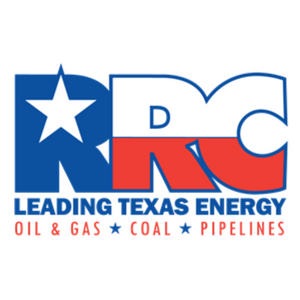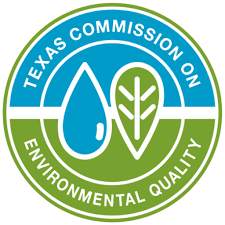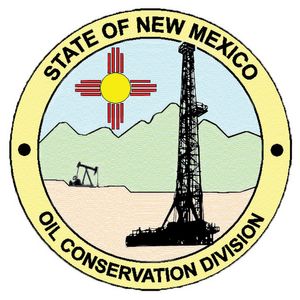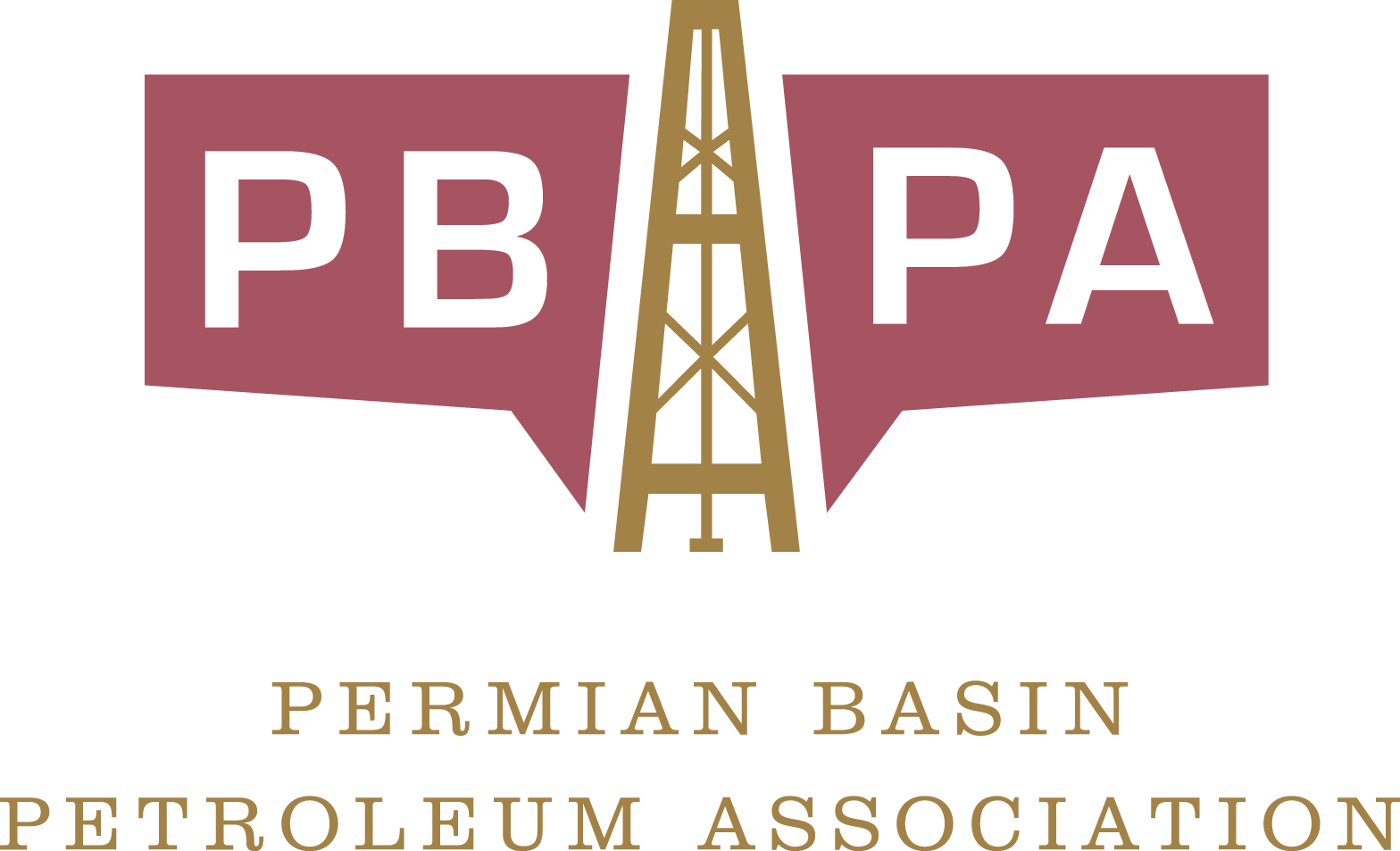Who regulates oil and gas?
Texas:
In Texas, two primary state agencies oversee oil and gas regulations: the Railroad Commission of Texas (RRC) and the Texas Commission on Environmental Quality (TCEQ).
Railroad Commission of Texas (RRC): The RRC manages most aspects of oil and gas drilling, including well spacing, design, and groundwater protection during drilling. It also ensures operational and public safety standards are met.
Texas Commission on Environmental Quality (TCEQ): TCEQ focuses on controlling air emissions from oil and gas activities, overseeing the required depth and installation of steel casing and cement for wells, and ensuring any off-site impacts meet public health and safety standards.
New Mexico:
Oil, gas, and geothermal activities in New Mexico are regulated by the Oil Conservation Division (OCD). The division is responsible for:
Collecting well production data.
Issuing permits for new wells.
Enforcing state rules and oil and gas statutes.
Ensuring abandoned wells are properly plugged.
Overseeing responsible land restoration following drilling activities.



